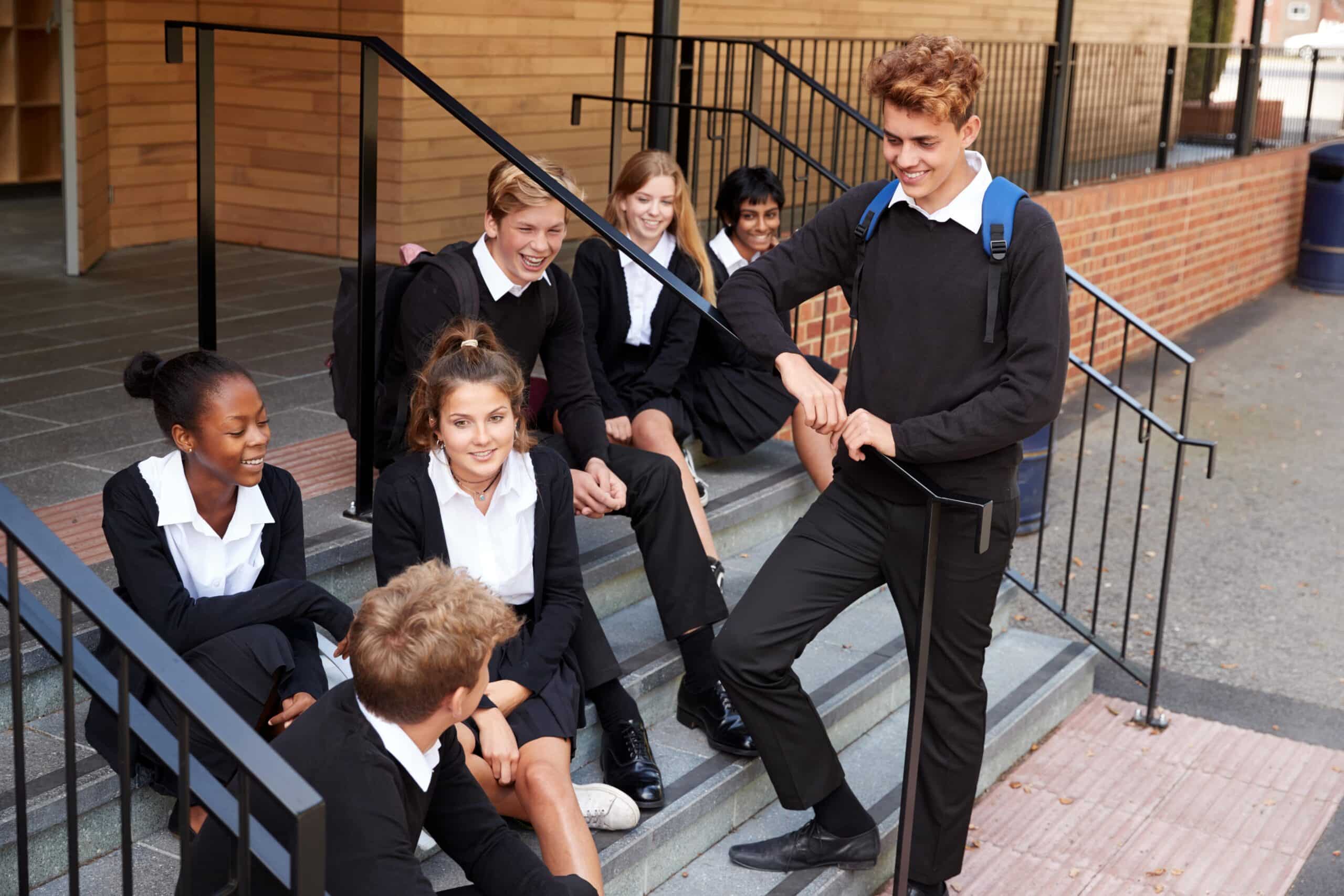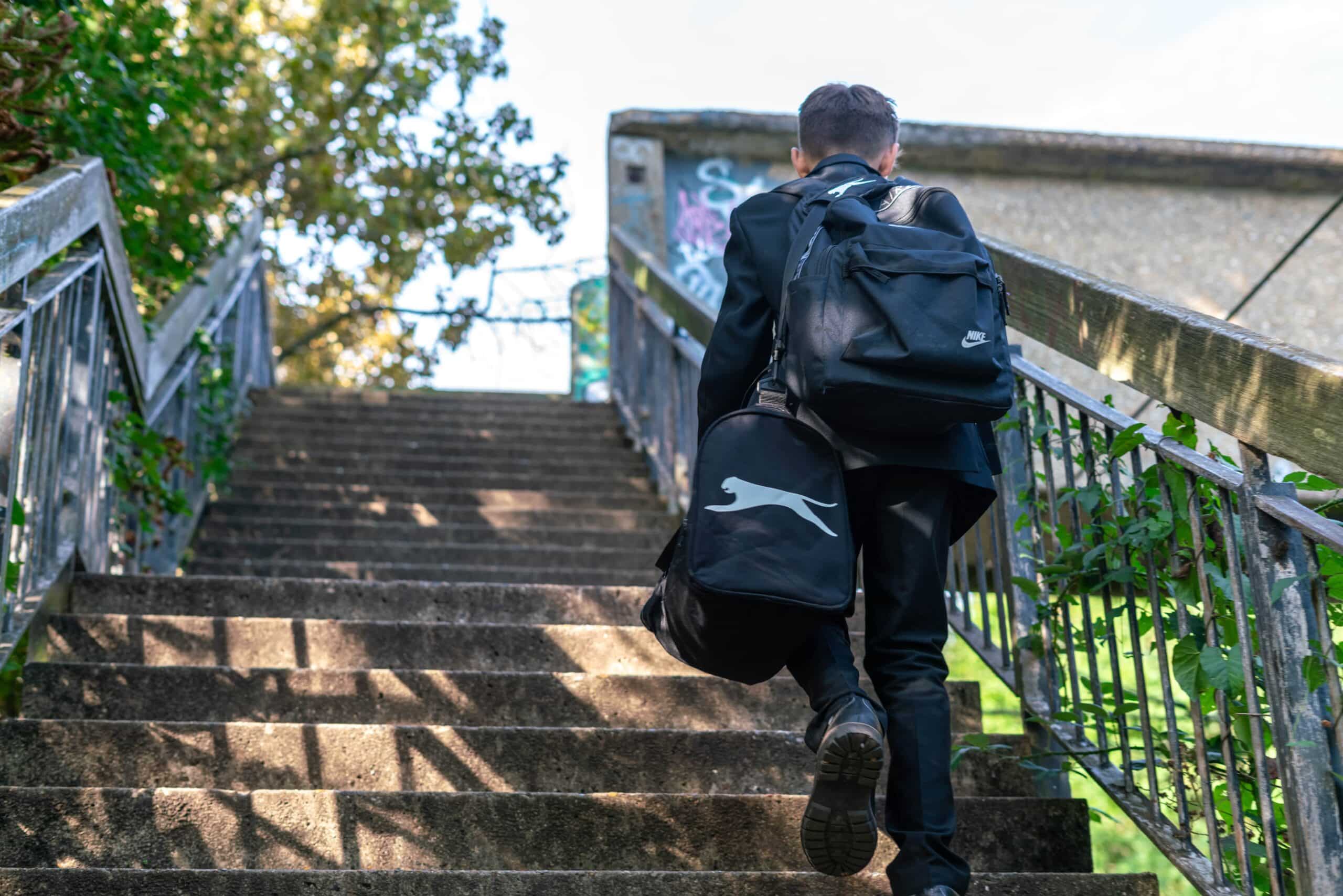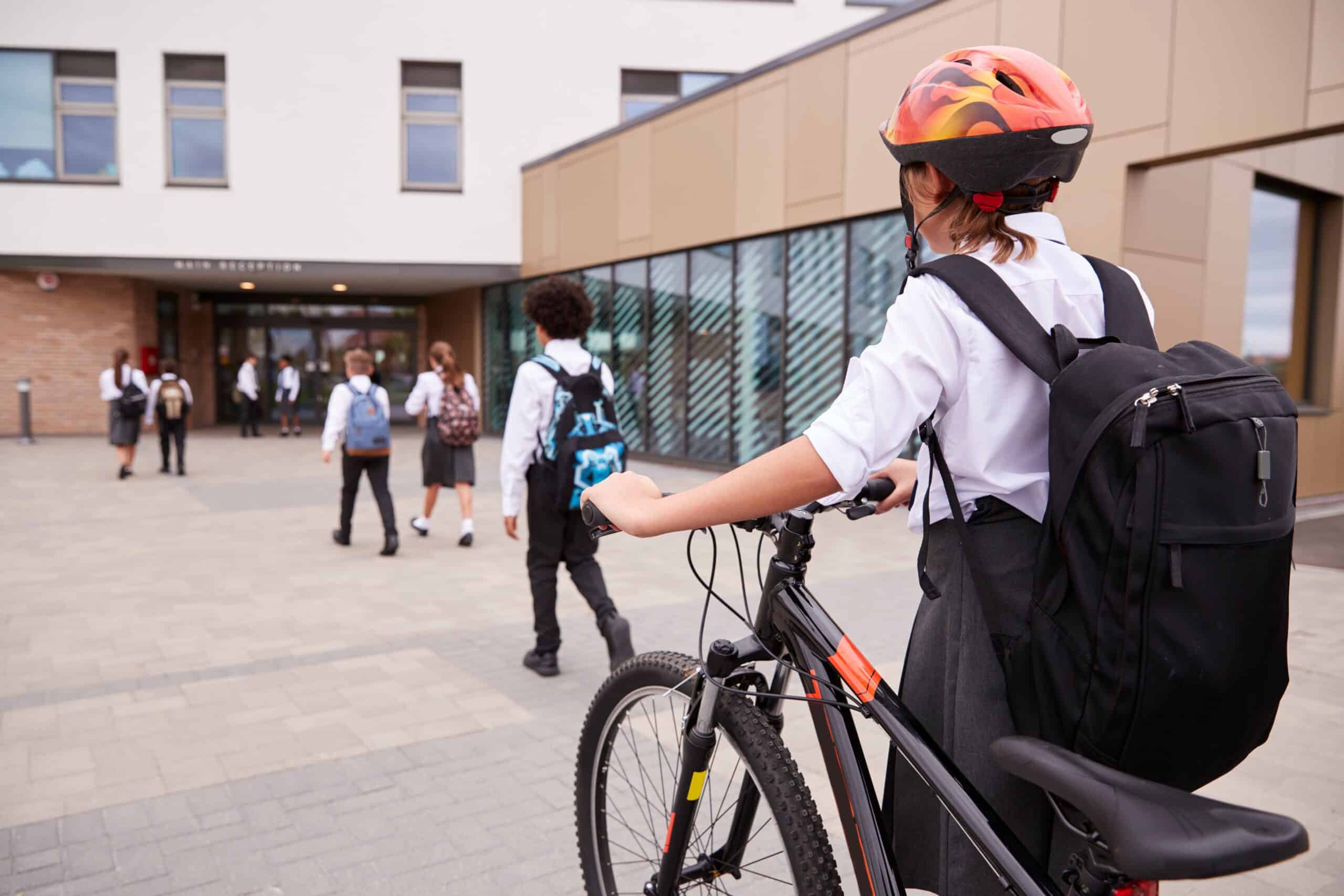How to Prepare for a Teaching Job Interview
Learn how to prepare for a teaching job interview with expert tips on common questions, lesson observations, and best practices to impress schools.
How to Prepare for a Teaching Job Interview
Got an interview for a teaching job? Congratulations! Now it’s time to prepare, impress, and land the job. Schools want to see your passion, teaching ability, and classroom management skills. This guide will walk you through common interview questions, lesson observations, and key preparation tips to help you feel confident and ready.


Understanding the Role of a Teaching Assistant
Teaching Assistants (TAs) support teachers in the classroom and help students with their learning. Responsibilities may include:
- Assisting with lesson planning and delivery.
- Supporting students with reading, writing, and maths.
- Managing classroom behaviour and encouraging engagement.
- Providing one-to-one or small group support for students who need extra help.
- Helping with SEN (Special Educational Needs) students, supporting their learning and development.
- Preparing learning materials and classroom resources.
What to Expect in a Teaching Job Interview
Understanding the Teaching Interview Process – Teaching interviews vary depending on the school, but they typically include:
A Formal Interview
– A panel of school leaders asking teaching and behaviour management questions.
A Lesson Observation
– You may be asked to plan and deliver a lesson to a small group of students.
A School Tour & Interaction
– Schools may observe how you interact with students and staff.
Scenario-Based Questions
– You’ll be asked about safeguarding, behaviour management, and differentiation.

How to Prepare for Common Teaching Interview Questions
Schools will ask a mix of general, teaching, and safeguarding questions. Here’s how to prepare strong answers.
Why do you want to work at this school?
- Research the school’s ethos, values, and Ofsted reports.
- Mention specific initiatives that resonate with you.
- Show enthusiasm for joining their teaching team.
What is your teaching philosophy?
- Explain your approach to student engagement and learning.
- Use examples from previous experience.
- Highlight inclusivity, creativity, and differentiation.
How do you manage behaviour in the classroom?
- Outline your positive behaviour strategies.
- Mention classroom rules, praise, and structured discipline methods.
- Show awareness of school behaviour policies.
How do you differentiate lessons for mixed-ability students?
- Explain how you adapt lesson plans for different learning styles.
- Provide examples of group work, scaffolding, and extra support.
How would you handle a safeguarding concern?
- Follow the school’s safeguarding policy.
- Mention reporting to the Designated Safeguarding Lead (DSL).
- Never promise confidentiality – concerns must be reported.


How to Prepare for a Teaching Lesson Observation
Many schools ask candidates to deliver a short lesson to a small group of students. Here’s how to prepare and impress.
✅ Ask in Advance – Find out year group, subject, and time lim
✅ Plan a Simple, Engaging Lesson – Keep it structured, interactive, and student-focused.
✅Have a Clear Objective – State your learning goal at the start of the lesson.
✅ Use Differentiation – Prepare ways to support weaker students and challenge high achievers.
✅ Manage Behaviour Effectively – Use positive reinforcement and classroom strategies.
✅ Reflect on the Lesson – Be prepared to discuss what went well and what could be improved.
Questions to Ask at the End of Your Interview
Asking thoughtful questions shows your interest and preparation.
What are the biggest priorities for this role?
How does the school support professional development?
Can you tell me more about the school’s approach to behaviour management?
What are the next steps in the interview process?




How to Make a Great First Impression
- ✅ Dress Professionally – Smart, comfortable, and appropriate for a classroom setting.
- ✅ Arrive Early – Give yourself time to calm nerves and review your notes.
- ✅ Engage with Staff & Students – Smile, make conversation, and show genuine interest in the school.
- ✅ Bring a Portfolio – Include lesson plans, student feedback, and professional development certificates.
- 🚫 DON’T be too rehearsed – Be authentic and adaptable.
- 🚫 DON’T forget body language – Maintain eye contact and open posture.
- 🚫 DON’T speak negatively about previous employers – Stay positive and professional.
What Our Educators Say About Us
Hear from educators who found their ideal teaching job through Reliant Education.


Frequently Asked Questions About Becoming a Teaching Assistant
Yes! Bring:
📌 Your CV & Cover Letter
📌 A Teaching Portfolio (if available)
📌 Your DBS Certificate & Qualifications
📌 Lesson Plan (if delivering an observation lesson)
Most interviews last 30-60 minutes, plus any lesson observations.
Wear smart professional clothing, but ensure it's comfortable and practical for a classroom setting.
Emphasise transferable skills, such as classroom volunteering, tutoring, or mentoring.
Schools may:
✅ Offer you the job on the same day.
✅ Ask for further references before deciding.
✅ Schedule a second interview or school visit.
Start Your Teaching Career with Confidence
A great interview can lead to your dream teaching job! Whether you’re applying for a primary, secondary, or SEN role, Reliant Education can help you prepare, find the right job, and support your career journey.

